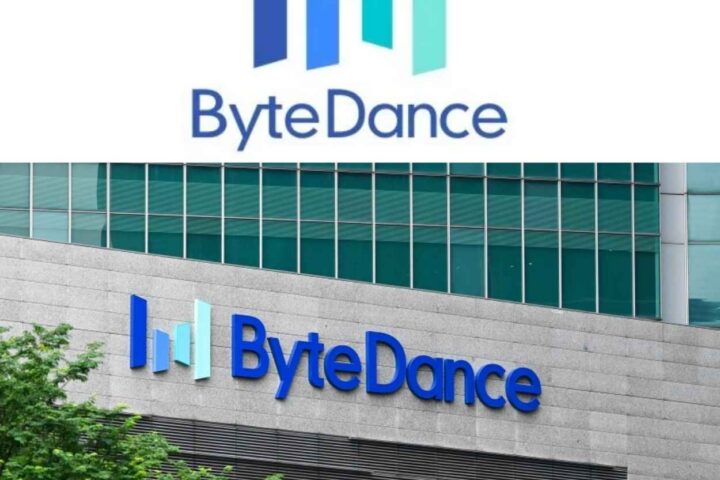This article showcases our top picks for the Best CRM Software For Insurance Agents. We reached out to industry leaders and experts who have contributed the suggestions within this article (they have been credited for their contributions below).
We are keen to hear your feedback on all of our content and our comment section is a moderated space to express your thoughts and feelings related (or not) to this article This list is in no particular order.
MailChimp

This product was recommended by Brad Harrell from Harrell Insurance
There’s only one good CRM for insurance agents, and that’s how good your follow-up is. It doesn’t matter about the software and how good it might be. If you don’t follow-up with your client, you’re losing money. A product I use along with my companies’ CRM is Mailchimp so I can stay connected with my clients and prospects on a more consistent basis, including sending out reminders and birthday emails.
Freshworks CRM

This product was recommended by Abby from Wellpcb PTY LTD
Freshworks CRM is a CRM software for the Insurance industry. This CRM platform can be used by Freelancers, Startups, SMEs, Agencies, Enterprises. It provides main features like Contact Manager, CRM & Sales Dashboards, CRM & Sales Reports, and more.
Kapture CRM

This product was recommended by Abby from Wellpcb PTY LTD
This CRM software includes various functions like Accounting, and Capture Leads from Twitter/Facebooks, CRM & Sales Dashboards for the Insurance industry. Kapture CRM provides Monthly, Yearly payment methods.
Zoho CRM Tools

This product was recommended by Abby from Wellpcb PTY LTD
Zoho CRM Tools is a Cloud-Based CRM platform that is suitable for the Insurance industry. This solution has a broad range of features, including Accounting, Capture Leads from Twitter/Facebook, Case Management, and more.
LeadSquared – CRM

This product was recommended by Abby from Wellpcb PTY LTD
LeadSquared: CRM is a CRM software for the Insurance industry. This CRM platform is for Startups, SMEs, Enterprises and can be deployed on Cloud Based. Key features include Capture Leads from Twitter/Facebook, Contact Manager, CRM & Sales Dashboards, and more.
Tranquil CRM

This product was recommended by Abby from Wellpcb PTY LTD
Tranquil CRM is a CRM software for the Insurance industry. Startups, SMEs, Agencies can use this CRM platform. It provides main features like Asset Management, Attendance management, CRM, and more.
Sell. Do

This product was recommended by Abby from Wellpcb PTY LTD
This CRM software includes Asset Management, Audit Trail; Capture Leads from Twitter/Facebook for the Insurance industry. Sell. Do provides Monthly, Yearly, one-time (Perpetual license) payment methods.
TalentRecruit

This product was recommended by Abby from Wellpcb PTY LTD
TalentRecruit is a Cloud-Based CRM platform that is suitable for the Insurance industry. This solution has a broad range of features, including Email Templates, Applicant tracking, System Security & Software Management, and more.
Oracle NetSuite OpenAir

This product was recommended by Abby from Wellpcb PTY LTD
This Cloud-Based customer relationship management software is designed specifically for the Insurance industry. It provides fundamental modules like Accounting, Email Integration, Inventory Management, and more.
NetSuite CRM

This product was recommended by Sarah Jimmens from planetShoes
One of the reasons why I recommend NetSuite is because it is a cloud-based and SaaS CRM, which means the convenience of use. It is perfect for SMEs and can cater to a range of industries such as wholesale distribution, manufacturing,media/publishing and even retail. The great thing about NetSuite is that it has quite a lot of features to offer to its users such as sales force automation, e-commerce, customer data management, partner relationship management, and marketing analytics. It is like a one-stop solution for everything. This software is advanced to such an extent that it is able to integrate the back and front office data, metrics, and operations so that the upper management has a complete view of the company. Some of the OS that NetSuit supports and is compatible with include Windows 7, Windows Vista, Windows XP, Mac OS, Linux, HP-UX, AIX, Solaris, Unix, IBM OS/400, Web browser (OS agnostic), Windows 2000, Windows 8.
CRMNexttracks

This product was recommended by Jennifer Willy from Etia
CRMNexttracks agent performance, develop strategic relationships, and increase loyalty. With digital CRM for insurance ease the on-boarding process with 360-degree agent views, best practices, guided selling, knowledge bases, quotas, and reports.
Trello

This product was recommended by Jennifer Willy from Etia
Trello dive into the details by adding comments, attachments, due dates, and more directly to Trello cards. Collaborate on projects from beginning to end. Whether it’s for work, a side project, or even the next family vacation, Trello helps your team stay organized.
















